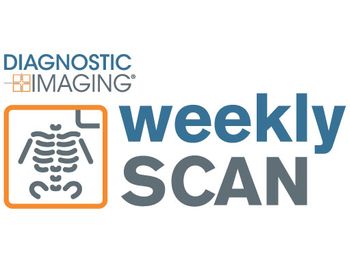
Take a quick look at Diagnostic Imaging's Top 5 stories of the week.

What you need to address for successful artificial intelligence adoption and enterprise imaging integration.

What do these advancements bring to imaging departments?

Wearing a mask does cause an increase in report errors with speech-recognition software, but the mistakes are small and unlikely to cause a negative impact.

Patient presents with this skull radiograph. What is your diagnosis?

Augmenting generalizability of automated methods with local fine-tuning can help providers diagnosis osteoporosis with these scans.

Study results show DCNN can use imaging biomarkers to predict sex, potentially confounding the accurate prediction of disease.

Young man presents with abnormal ultrasound and elevated liver function tests. What is the most likely diagnosis?

Working with clinical and business leaders to create a standard process for point-of-care ultrasound opened the door for greater utilization and revenue capture.

Images can be skipped with monitors with refresh rates of both 60 Hz and 120 Hz.

Choosing a vendor for an enterprise imaging solution can be complex. Here’s what you need to inquire about to make the best choice for your organization.

15 tips for being an ideal mentor or mentee.

What is the diagnosis in this patient with severe epigastric pain on a new medication?

3D Convolutional neural network can effectively replace manual segmentation of the pancreas with or without cancer.

Using a deep convolutional neural network can improve providers’ ability to predict how patients with hepatocellular carcinoma will respond to Y90-RE treatment, enabling them to offer additional therapies, if necessary.
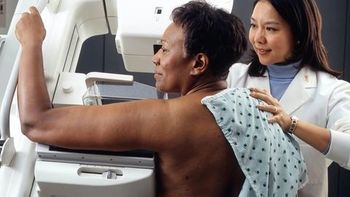
Cancer screening rates drop more significantly among women in racial and ethnic minority groups, as well as those living in rural locations.

Here's what to expect this week on Diagnostic Imaging.

Incorporating artificial intelligence with TI-RADS improves sensitivity, specificity, and reduces interpretation time by nearly one-fourth.

What does it take to stand out from your crowd of peers?
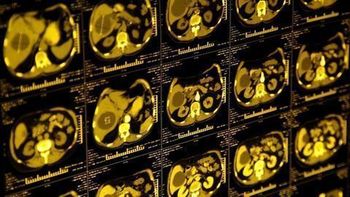
Using a deep learning algorithm enables providers to screen high-risk patients for both lung cancer and cardiovascular disease.

Radiologist can a fundamental role to play in detecting illicit drug smuggling, and knowing what to look for matters.
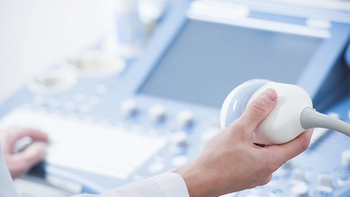
Ultrasound tool, fueled by artificial intelligence software, works like a navigation system to help providers capture the best cardiac images.

The number of radiologists becoming affiliated with ACOs increased more than three-fold from 2013 to 2018.

Take a quick look at Diagnostic Imaging's Top 5 stories of the week.

As radiology, hopefully, enters a post-pandemic stage, many workflow and protocol changes will remain in place.
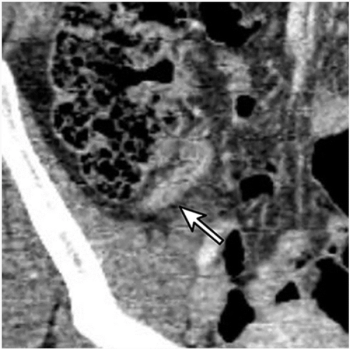
Implementing a clinical scoring system reduces CT use, but it comes with a cost – lower diagnostic accuracy.
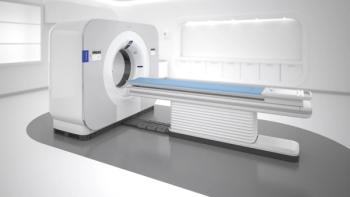
New flagship product is designed to provide spectral information on all patients and any clinical indication.

COVID-19 has shone a bright light on the impact of social determinants of health.

Meg Eckenroad, Hologic’s vice president of women’s health, discusses the motivation and goals of the new $20-million Project Health Equality.

KA Imaging President and Chief Executive Officer Amol Karnick and Chief Technology Officer Karim S. Karim, Ph.D., offer insights into current X-ray imaging trends, as well as opportunities for innovation.